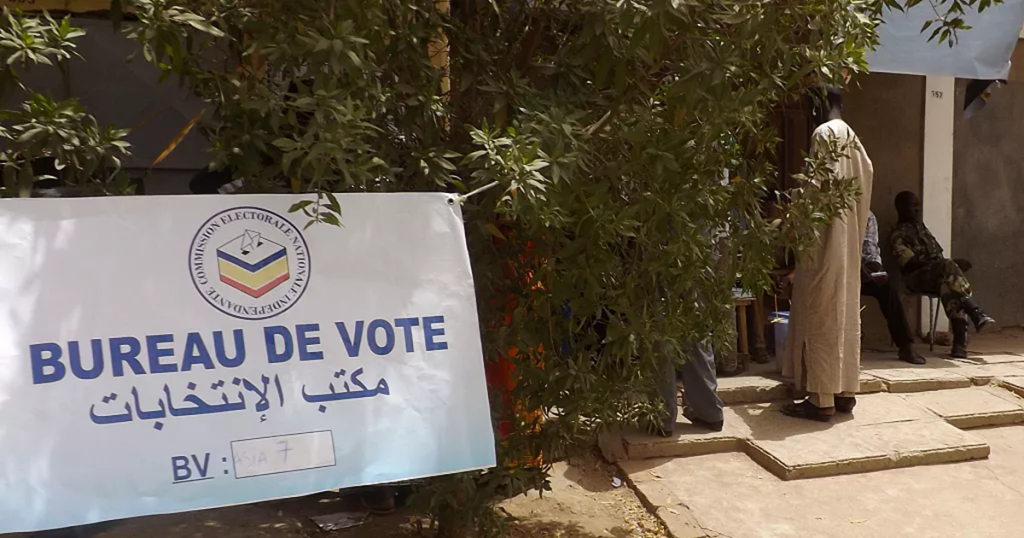Chad will head to the polls this Sunday for legislative and local elections, described by President Mahamat Idriss Deby Itno’s administration as a pivotal step towards democratic transition. However, opposition parties have dismissed the process as a “masquerade.”
The elections occur amidst persistent attacks by the terrorist group Boko Haram in the Lake Chad region, the termination of a military pact with former colonial power France, and allegations of meddling in the ongoing conflict in neighbouring Sudan.
Mahamat Deby, now 40, assumed leadership in 2021 following the death of his father, Idriss Deby Itno, who ruled the impoverished Sahelian nation with an iron grip for 30 years. In May last year, Deby secured a five-year presidential term in an election that opposition figures denounced as fraudulent.
The general elections are intended to bring about a “generational renewal” within the National Assembly and local councils, according to a presidential advisor who spoke anonymously. The last legislative elections were held in 2011, with multiple delays since then attributed to jihadist threats, financial challenges, and the coronavirus pandemic.

In 2021, following Idriss Deby Itno’s death, a transitional parliament of 93 members was established by presidential decree. The opposition, however, is boycotting this weekend’s vote, accusing the government of authoritarianism and repression. Succes Masra, leader of the Transformers party and recipient of 18.5% of votes in last May’s presidential election, criticised the elections, calling participation under current conditions akin to “legislative apartheid.”
Infrastructure Minister Aziz Mahamat Saleh contended that the elections would secure “a majority for the President of the Republic to implement his political vision.” However, constitutional law expert Professor Ahmat Mahamat Hassan from the University of N’Djamena argued the elections are merely a means of legitimising a power structure resembling a dynasty, which faces significant protests both domestically and internationally.
Media coverage of the elections has been minimal due to a near-complete media blackout, as journalists strike to oppose government-imposed restrictions.
After 33 years of Deby family rule, Chad, a landlocked desert nation and oil producer, ranks near the bottom of the UN’s Human Development Index (HDI), occupying the fourth-lowest position. This year’s especially severe rainy season has compounded the country’s difficulties, claiming 500 lives and displacing two million people.


